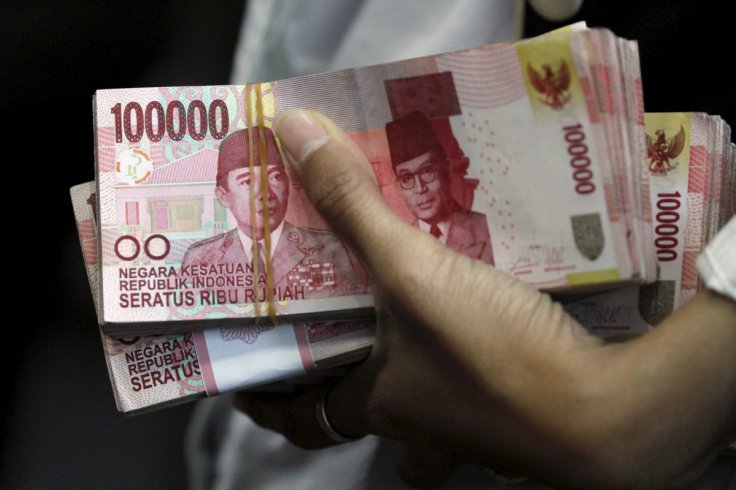As US-Iran tensions have eased, the Indonesian rupiah continues to strengthen, opening at Rp 13.730 per US dollar on Monday (January 13), up 0.8 percent. In the afternoon, the rupiah slid a bit, but it strengthened and closed at Rp 13.665/US dollar, the highest level since February 2018.
With a 0.65 percent gain, the rupiah is the best-performing currency in Asia. As of 04.00 pm, the Chinese yuan came second after going up 0.41 percent, followed by the Malaysian ringgit, which rebounded 0.34 percent, CNBCIndonesia wrote. The Japanese yen weakened 0.21 percent against the greenback.
How did the tensions affect the global market?

Several analysts warned of the adverse impact of the Middle East tensions after Iran retaliated by attacking a US military base in Iraq on January 8. Tehran's action was in response to the US drone attack that killed Iran's most influential general Qasem Soleimani.
Despite the rebound in the stock market, analysts argued that investors ignored possible Iran's threat of revenge for the general's demise.
"The market did not price in the chance of a major conflict high enough when the US drone strike happened," Max Gokhman, the head of the asset allocation for Pacific Life Fund Advisors, told Bloomberg, adding "Now it's more clear the situation won't de-escalate and fear is replacing hope in investors' minds."
The US-Iran tensions stemmed from America's exit from the Iran nuclear deal following US President Donald Trump's accusation that Iran had violated the agreement. Washington then imposed sanctions and the situation turned violent when the US accused Iran of masterminding the attack on a Saudi oil facility despite a UN investigation showing that no traces of Iran-made weapons were found in the Saudi Aramco's oil refineries.
US-China trade deal
According to Indonesia's Central Bank Governor Perry Warjiyo, the impact of the Iran-US conflict was not significant on the rupiah as the currency strengthened 0.59 percent to Rp 13.375 against the US dollar on Friday (January 10).
Indonesia's investment risk premium is still relatively low (60.13 basis points). The rupiah's improved performance was due to the increase in capital inflow. Per the second week of January 2020, incoming foreign investment reached Rp 10.1 trillion, Katadata reported.
It is expected the signing of the first phase of the US-China trade deal will bring positive sentiment to high-risk assets and provide an opportunity for export, Warjiyo added.








